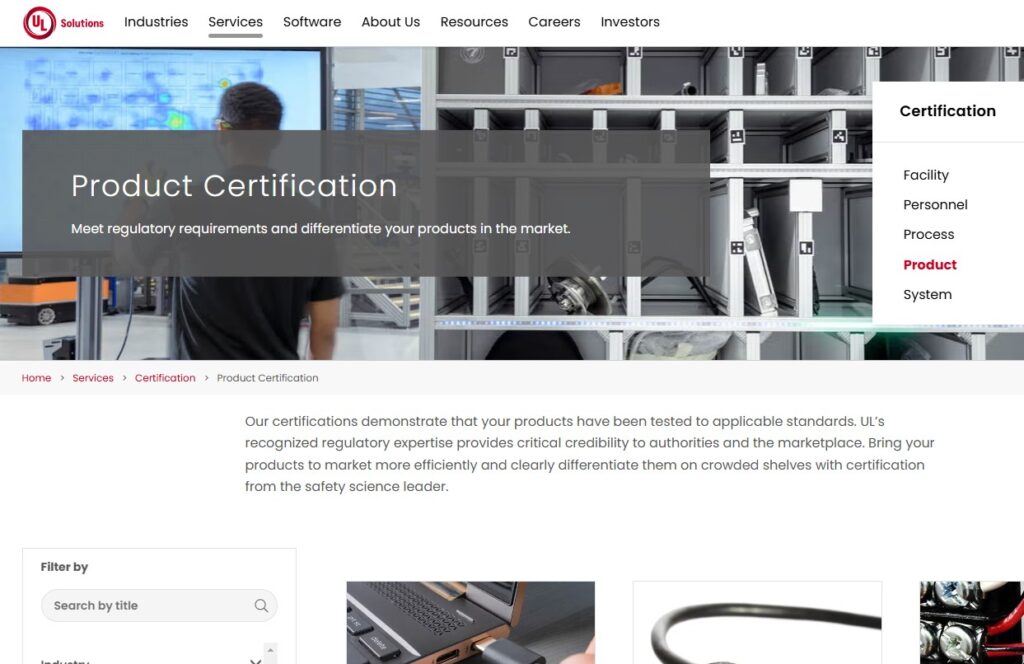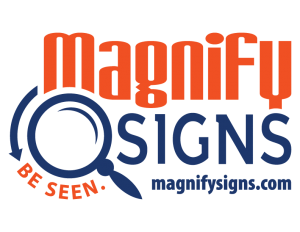For businesses in Colorado, illuminated signs are a great way to enhance visibility and attract customers. However, ensuring that these signs are safe, reliable, and code-compliant is critical. This is where UL certification comes in.
Underwriters Laboratories (UL) is a globally recognized safety certification organization that tests and approves electrical products, including illuminated signs.
In this article, we’ll explore why UL certification is essential for Colorado business owners and sign manufacturers, how it impacts compliance with local and national regulations, and what you need to know when purchasing or installing illuminated signs.
What is UL Certification?

Underwriters Laboratories (UL) is an independent organization that establishes safety standards for various electrical products, including illuminated signs.
A UL-certified sign has undergone rigorous testing for fire hazards, electrical safety, and durability. The presence of the UL Mark on a sign assures businesses, inspectors, and customers that the product complies with these high safety standards.
UL vs. Non-UL Signs: What’s the Difference?
| Feature | UL-Certified Signs | Non-UL Signs |
|---|---|---|
| Safety | Tested for fire and electrical hazards | No formal safety testing |
| Durability | Meets strict quality standards | Varies by manufacturer |
| Code Compliance | Required by many city and state regulations | May fail inspections |
| Insurance Approval | Recognized by insurers as a safe product | May increase liability risks |
Why UL Certification Matters for Colorado Businesses
Ensures Compliance with Local and State Codes
In Colorado, many municipalities require illuminated signs to be UL-certified to meet safety and electrical standards. The Colorado Electrical Board and local building departments enforce compliance with the National Electrical Code (NEC) regulations, which often reference UL standards for signage.
Specifically, NEC Article 600 mandates that electric signs be listed and installed in conformance with approved standards, such as UL 48, the Standard for Electric Signs.
Reduces Fire and Electrical Hazards
Illuminated signs involve electrical components that can pose fire and shock risks if not properly installed. UL certification ensures that signs have been tested to withstand voltage fluctuations, weather conditions, and prolonged operation.
According to the National Fire Protection Association (NFPA), electrical distribution and lighting equipment were involved in an estimated average of 16,930 non-confined fires in non-residential buildings annually, resulting in significant property damage.
Streamlines the Sign Permit Approval Process
Many Colorado cities require a UL-listed sign for permit approval. When submitting a sign permit application in places like Denver, Boulder, or Colorado Springs, a UL certification label can expedite the inspection process and prevent permit rejections.
The International Sign Association (ISA) notes that electric signs must comply with the provisions of the NEC and UL 48 standards to be approved for installation.
Increases Sign Longevity and Performance

A UL-certified sign is constructed with high-quality components designed for durability. This translates to fewer maintenance issues, lower energy consumption, and a better return on investment for businesses investing in illuminated signage.
Provides Insurance and Liability Protection
Many insurance companies recognize UL certification as a safety standard. Utilizing non-UL signs may lead to higher insurance premiums or even denied claims in the event of electrical fire damage.
The Electrical Safety Foundation International (ESFI) reports that home electrical fires account for an estimated 51,000 fires each year, resulting in nearly 500 deaths and $1.3 billion in property damage, underscoring the importance of certified electrical products.
How to Identify a UL-Certified Sign
When purchasing an illuminated sign in Colorado, look for:
- The UL Mark, typically found on a label affixed to the sign.
- A UL file number, which allows verification on UL’s official database.
- Certification details in the manufacturer’s documentation.
If uncertain about a sign’s UL certification, consult with a licensed sign manufacturer or electrical contractor before installation.
UL Certification and Colorado Sign Regulations
Several Colorado municipalities require illuminated signs to meet UL safety standards.
For example:
- Denver: The Denver Building Code references NEC standards, requiring UL certification for electrical signage.
- Colorado Springs: Illuminated signs must be installed by a licensed electrical contractor and pass an inspection for compliance.
- Boulder: The city enforces energy efficiency and safety regulations that align with UL standards.
Before installing a sign, check with your local Community Development Department or Building Inspection Office for specific requirements.
Get UL-Certified Signage for Your Colorado Business
Ensure your business signage meets UL safety standards and Colorado regulations with Magnify Signs.
We provide UL-certified illuminated signs designed for safety, durability, and compliance with local building codes. Avoid permitting delays, reduce liability risks, and invest in signage that lasts.


